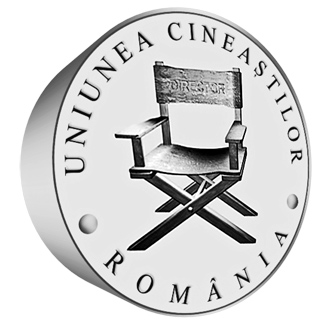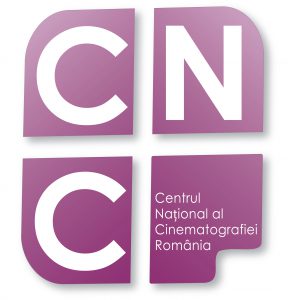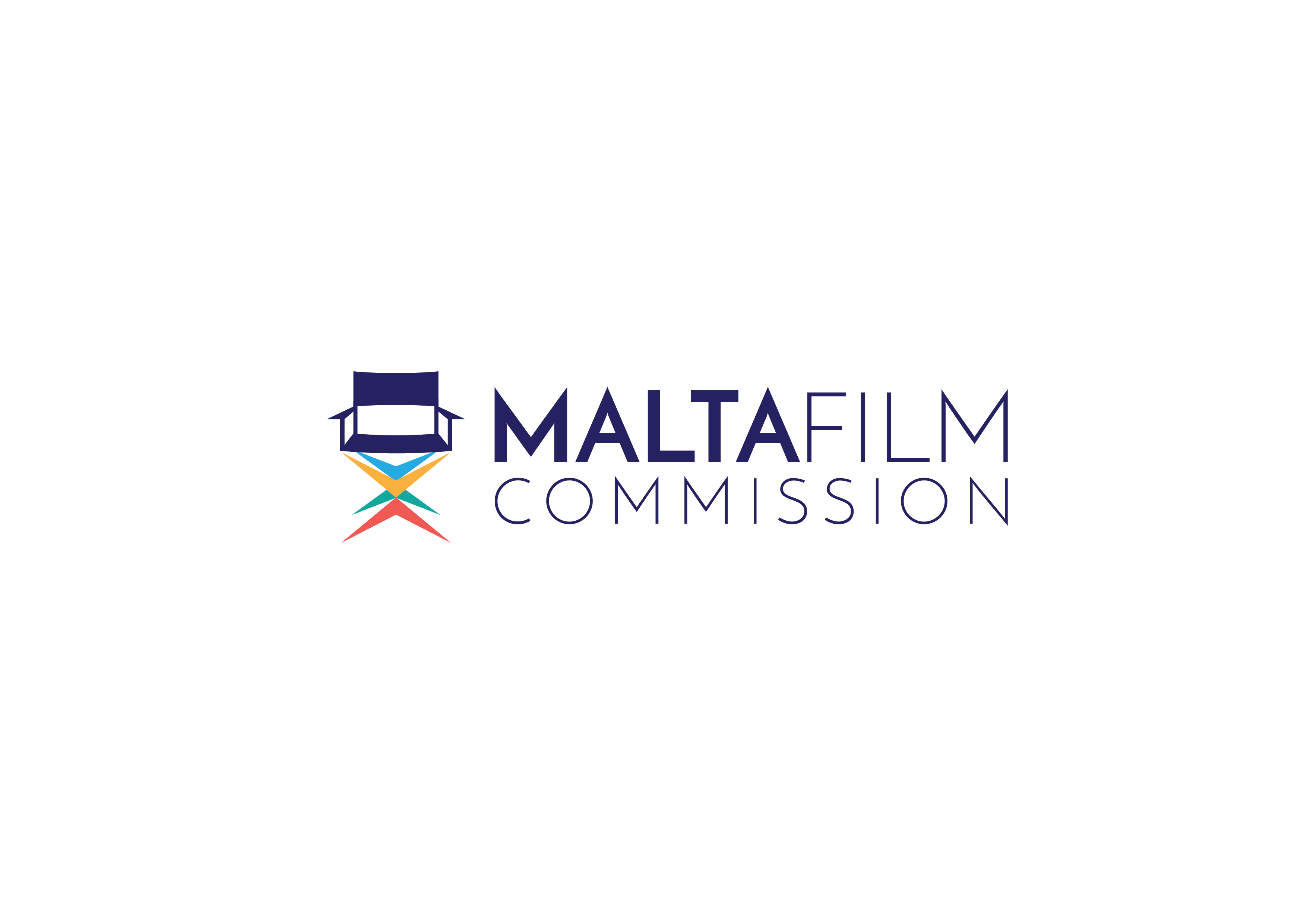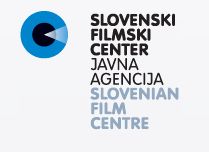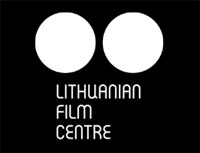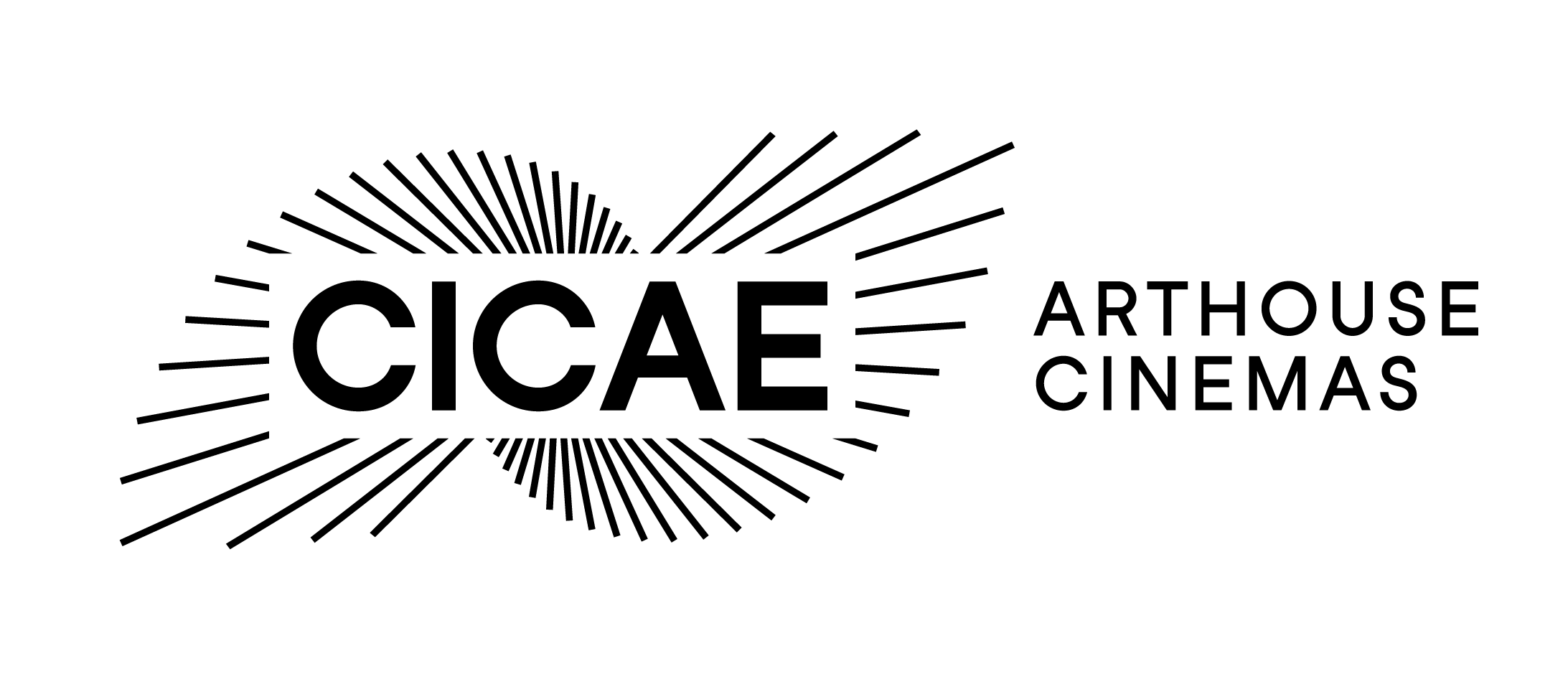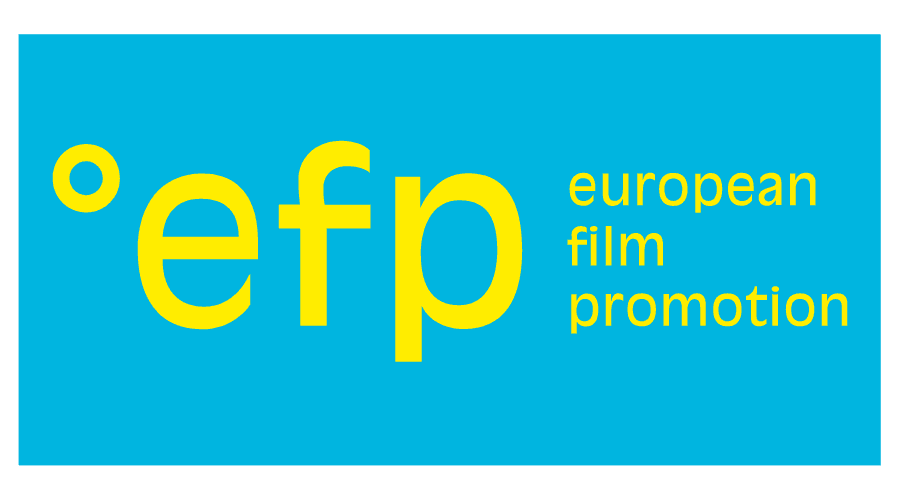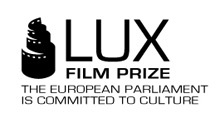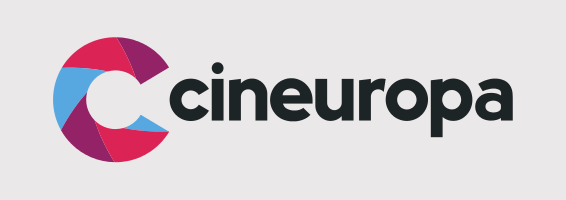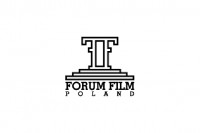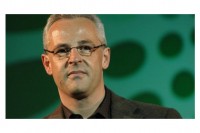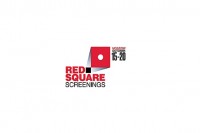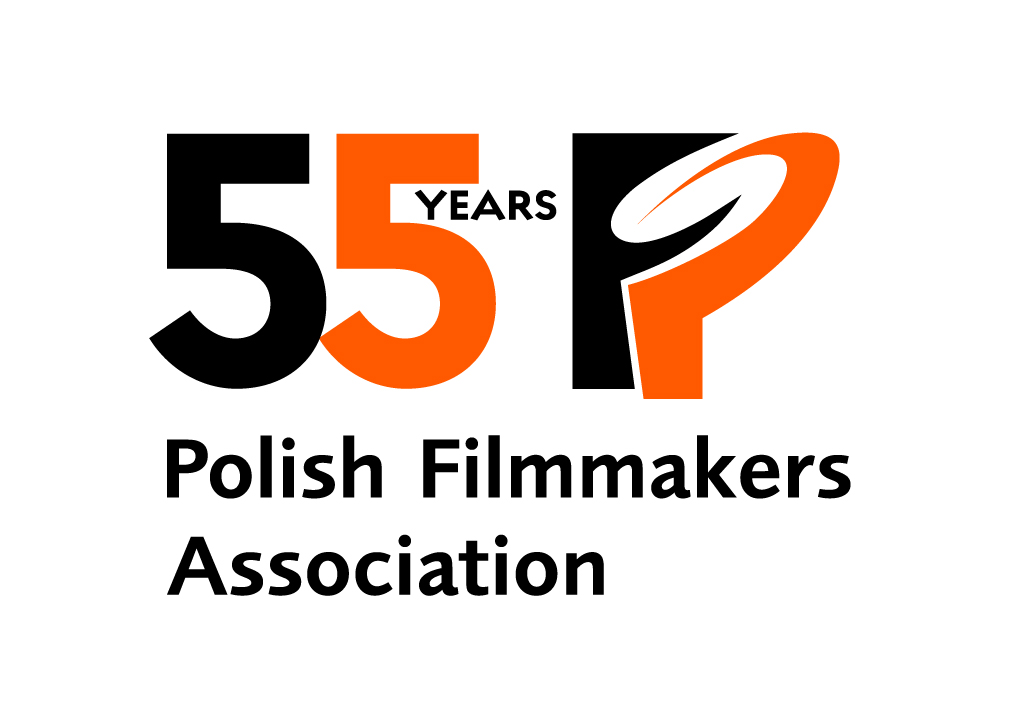 The Polish Filmmakers Association (SFP) is Poland's largest organisation of film professionals. The Association promotes Polish film domestically and abroad, supports talented young filmmakers, and produces debut films. The Association is a member of the leading international audiovisual organisations. SFP is an entity involved in collective copyright management.
The Polish Filmmakers Association (SFP) is Poland's largest organisation of film professionals. The Association promotes Polish film domestically and abroad, supports talented young filmmakers, and produces debut films. The Association is a member of the leading international audiovisual organisations. SFP is an entity involved in collective copyright management.
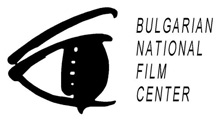 The Bulgarian National Film Center (NFC) is the Executive Agency of the Bulgarian Ministry of Culture that administrates the implementation of the Film Industry Act (FIA). The main functions of the Agency are to finance film production, film managing, distribution and exhibition of films, to support the promotion of Bulgarian films in this country and abroad, to keep the register under the FIA, to stimulate the development of the film culture.
The Bulgarian National Film Center (NFC) is the Executive Agency of the Bulgarian Ministry of Culture that administrates the implementation of the Film Industry Act (FIA). The main functions of the Agency are to finance film production, film managing, distribution and exhibition of films, to support the promotion of Bulgarian films in this country and abroad, to keep the register under the FIA, to stimulate the development of the film culture.
The Romanian Film Centre is the national body of the central administration and under the supervision of the Ministry of Culture.
 The Association of Filmmakers of Bosnia and Herzegovina is a professional association which gathers filmmakers, who are professionally engaged in filmmaking and was founded in 1950.
The Association of Filmmakers of Bosnia and Herzegovina is a professional association which gathers filmmakers, who are professionally engaged in filmmaking and was founded in 1950.
The Croatian Audiovisual Centre (HAVC) is the Government -.backed strategic agency for the audiovisual sector in Croatia. It aims to stimulate a successful, vibrant audiovisual industry as well as to promote the widest possible enjoyment and understanding of audiovisual works throughout Croatia.
 Republic of Cyprus - Ministry of Education and Culture (Cinema Advisory Committee)
Republic of Cyprus - Ministry of Education and Culture (Cinema Advisory Committee)
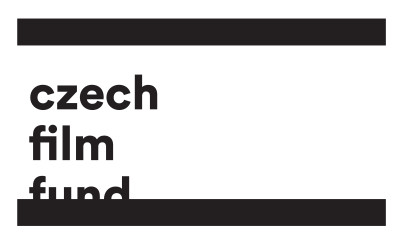 The Czech Film Fund (Státní fond kinematografie), established 1 January 2013, is the main tool for public support of cinema in the Czech Republic. The funding is granted in the areas of development, production, distribution, promotion, technological development, publications, education and training, festivals and events, protection, preservation and access to film heritage.
The Czech Film Fund (Státní fond kinematografie), established 1 January 2013, is the main tool for public support of cinema in the Czech Republic. The funding is granted in the areas of development, production, distribution, promotion, technological development, publications, education and training, festivals and events, protection, preservation and access to film heritage.
The Czech Film Fund is the main sponsor of the Czech section of Film New Europe.

Czech Republic. Ministry of Culture
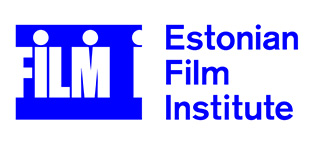 Estonian Film Institute (EFI) was reorganized on the basis of Estonian Film Foundation in 2013 by the Government of Estonia as a private legal institution.
Estonian Film Institute (EFI) was reorganized on the basis of Estonian Film Foundation in 2013 by the Government of Estonia as a private legal institution.
The objective of Estonian Film Institute is to preserve and develop Estonian national film culture. The foundation is guided by the cultural policy of the Republic of Estonia and the trends in the field of film.
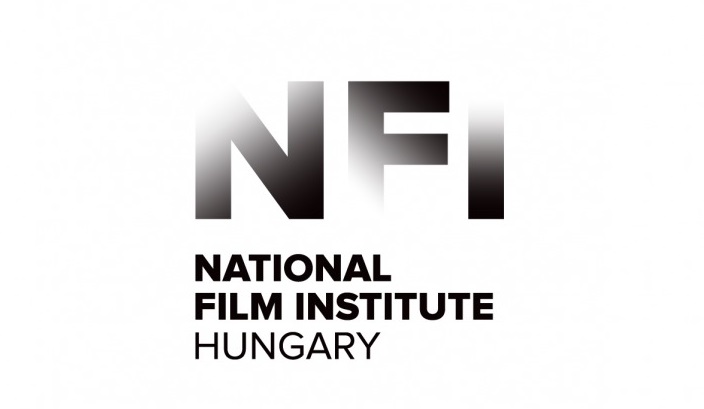 The mission of the National Film Institute (NFI) (as the successor of the Hungarian National Film Fund), in operation from January 2020, is to contribute to the production of Hungarian films or co-productions that provide art and entertainment for the audience on all platforms and bring significant success both domestically and on an international level.
The mission of the National Film Institute (NFI) (as the successor of the Hungarian National Film Fund), in operation from January 2020, is to contribute to the production of Hungarian films or co-productions that provide art and entertainment for the audience on all platforms and bring significant success both domestically and on an international level.
The Malta Film Commission is a government body established by CHAPTER 478 (Act No. 7 of 2005) of the Laws of Malta, consisting of an advisory body for the role of advising the Minister responsible for the film sector on policies pertaining to the promotion, development and support of the audiovisual and film servicing industry.
The goal of the Slovenian Film Centre is to encourage creativity in the film and audiovisual field in the Republic of Slovenia by creating suitable conditions for film, audiovisual and cinematographic activities.
Slovenian Film Centre, a public agency of the Republic of Slovenia, became operational on 19 January 2011 as a successor of the Slovenian Film Fund – a public fund.
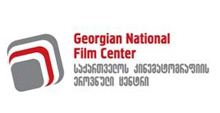
 The Slovak Audiovisual Fund is the main public funding institution for the Slovak film industry. The aim of the Fund is to support the whole film value chain development, production, distribution and promotion of audiovisual works, festivals, research, training activities and technological development (first of all digitisation of cinemas). Finances of the Fund are based on the combination of state budget subsidies and contributions by subjects using audiovisual works. Slovak Section on Film New Europe was financially supported by Slovak Audiovisual Fund.
The Slovak Audiovisual Fund is the main public funding institution for the Slovak film industry. The aim of the Fund is to support the whole film value chain development, production, distribution and promotion of audiovisual works, festivals, research, training activities and technological development (first of all digitisation of cinemas). Finances of the Fund are based on the combination of state budget subsidies and contributions by subjects using audiovisual works. Slovak Section on Film New Europe was financially supported by Slovak Audiovisual Fund.
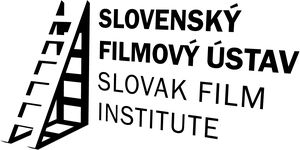 The Slovak Film Institute, member of FIAF and European Film Promotion, is the sole national institution in the field of cinematography in Slovakia. It consists of the National Film Archive and the National Cinematographic Centre. SFU handles producer rights to Slovak films produced by 1991, and supports the international presentation of both the archive films and current independent film production.
The Slovak Film Institute, member of FIAF and European Film Promotion, is the sole national institution in the field of cinematography in Slovakia. It consists of the National Film Archive and the National Cinematographic Centre. SFU handles producer rights to Slovak films produced by 1991, and supports the international presentation of both the archive films and current independent film production.
The Lithuanian Film Centre, established in May, 2012, is a state institution under the Ministry of Culture of the Republic of Lithuania. The Centre operates under the Film Law (amended in 2011).
The aim of the Centre is to participate in designing an effective film and audiovisual sector policy and to foster the sustainability of the Lithuanian film industry.
National Film Centre of Latvia was established on December 23, 1991, as a state institution under the Ministry of Culture. The organisation‘s main objectives are: to administer the Government’s financial support to Latvian films; to prepare legal acts and Governmental documents securing the functioning of filmmaking in Latvia; to preserve the national audio-visual heritage; to promote Latvian films abroad; to co-operate with the relevant international and national organisations; to register films and videos, as well as issue licences to video distribution companies in Latvia; to form a data-base of Latvian films and filmmakers.
 The North Macedonia Film Agency, established under the Film Industry Law (Official Gazette of Republic of North Macedonia No.82/2013), officially began its operation on 01.01.2014 as a legal successor of the Macedonian Film Fund. Primary objective of the Macedonian Film Agency is to stimulate and support the development of the Macedonian film industry.
The North Macedonia Film Agency, established under the Film Industry Law (Official Gazette of Republic of North Macedonia No.82/2013), officially began its operation on 01.01.2014 as a legal successor of the Macedonian Film Fund. Primary objective of the Macedonian Film Agency is to stimulate and support the development of the Macedonian film industry.
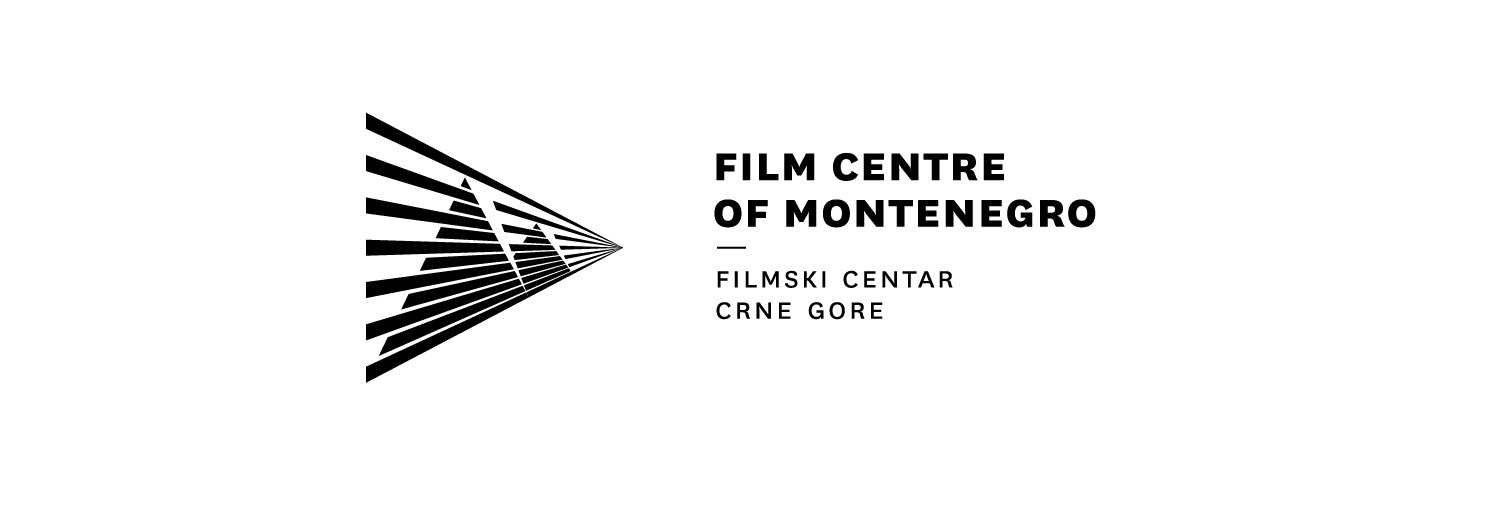 The Film Centre of Montenegro is a public institution, established in 2017, to improve and develop the Montenegrin cinematography.
The Film Centre of Montenegro is a public institution, established in 2017, to improve and develop the Montenegrin cinematography.
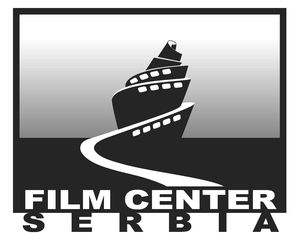
FILM CENTER SERBIA is a governmental institution of national importance that provides professional assistance to filmmakers. It was founded by the Republic of Serbia, and the founder's rights are exercised by the Government in the name of the Republic of Serbia.
___________________________________________________________________________________________________________________________________________
FNE PARTNERS
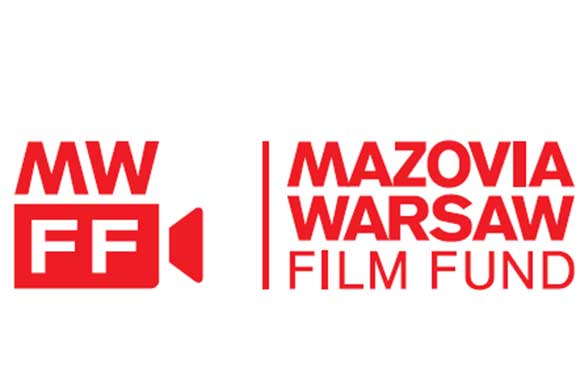
Mazovia Warsaw Film Commission is a regional, free of charge service to support national and foreign film crews that are interested in shooting in Warsaw, Plock, Radom, Ciechanow, Ostroleka, Zyrardow, Pultusk... or other areas of the Mazovian voivodship.
MWFC is responsible for creating optimal conditions to film crews which work in our region. MWFC's mission is special. For to the biggest production base in Poland, capital city's and region's infrastructure, MWFC acts as a guide, advisor and intermediary.
Since 1955, the CICAE has been working to promote cultural diversity in cinemas and festivals.
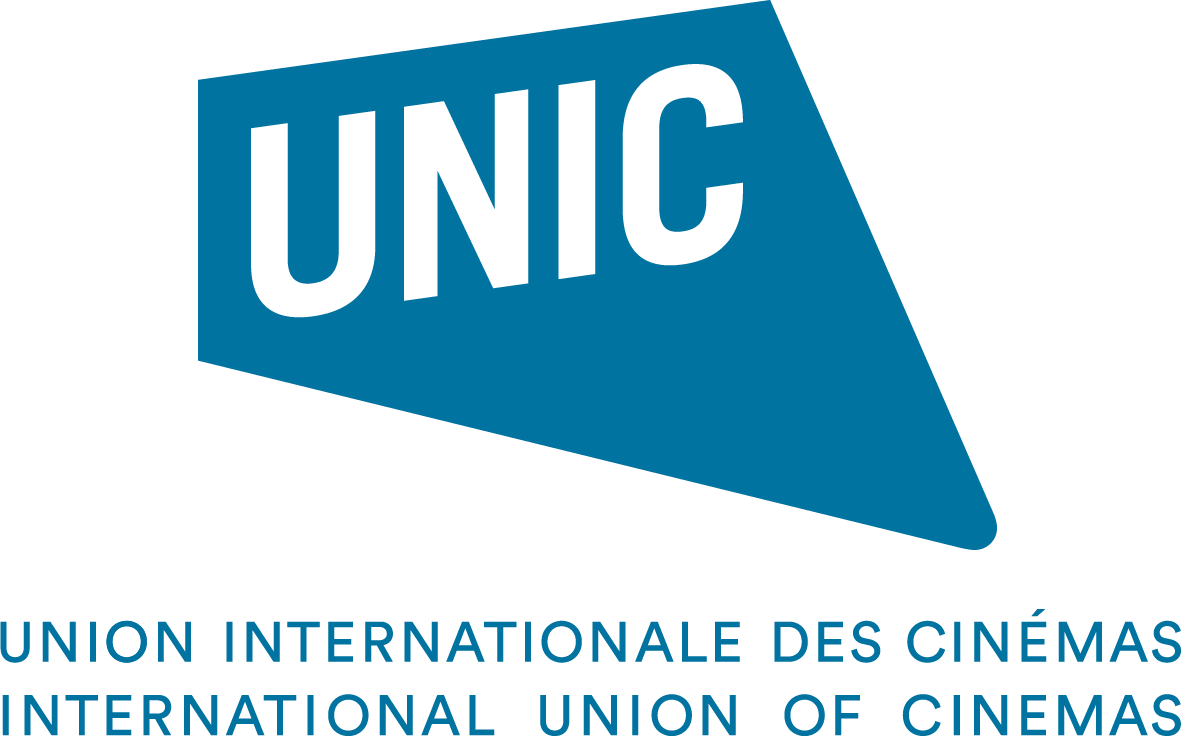
The Union Internationale des Cinémas/International Union of Cinemas (UNIC) is the European grouping of cinema trade associations and key operators, covering 38 territories across the region. We promote the cultural, social and economic benefits of a vibrant cinema-going culture in Europe and provide a strong and influential voice for European cinema operators on issues of shared interest.

ScripTeast is a project-based training program, designed for professional screenwriters from Central and Eastern Europe, organised by the Independent Film Foundation.
Pitch the Doc is your platform for continuous presentation and building of international recognition of curated documentary film projects at any stage of production, on any topic and from any country. We cooperate with various market initiatives to improve the common experience and international activity of the documentary market. You can register here: https://platform.pitchthedoc.com/login
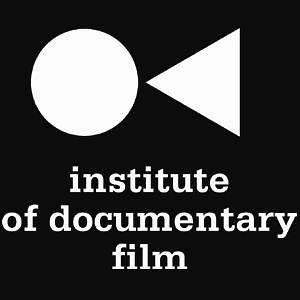 The Institute of Documentary Film (IDF) has been supporting creative documentary films from Central and Eastern Europe since 2001. The IDF provides both emerging and experienced filmmakers with training, financing, networking and pitching opportunities, helps them get international attention and co-productions, rewards the exceptional projects with Awards and further opportunities and improves their orientation on the international market.
The Institute of Documentary Film (IDF) has been supporting creative documentary films from Central and Eastern Europe since 2001. The IDF provides both emerging and experienced filmmakers with training, financing, networking and pitching opportunities, helps them get international attention and co-productions, rewards the exceptional projects with Awards and further opportunities and improves their orientation on the international market.
 European Audiovisual Entrepreneurs, EAVE, is a professional training, project development and networking organization for audiovisual producers.
European Audiovisual Entrepreneurs, EAVE, is a professional training, project development and networking organization for audiovisual producers.
Working with a worldwide network of partners we are involved in programmes for producers in Europe, Russia, Latin America, the Arab world, Asia and Africa. http://www.eave.org/
Network of Promotion and Export Organisations from 34 European Countries.
The network promotes European cinema through its joint initiatives, and at the same time, respects and encourages the individuality and richness of each national cinema of Europe.
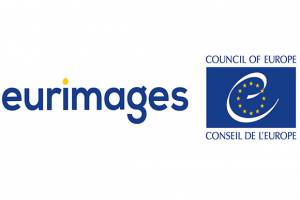 Eurimages is the Council of Europe fund for the co-production, distribution and exhibition of European cinematographic works. Set up in 1988 as a Partial Agreement it currently has 36 Member States.
Eurimages is the Council of Europe fund for the co-production, distribution and exhibition of European cinematographic works. Set up in 1988 as a Partial Agreement it currently has 36 Member States.
Eurimages aims to promote the European film industry by encouraging the production and distribution of films and fostering co-operation between professionals.
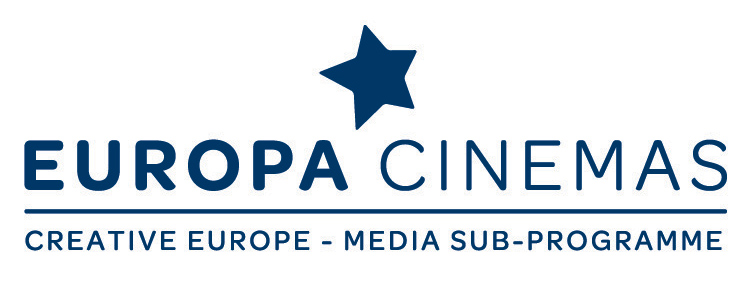 Founded in 1992 with funding from the MEDIA programme and from the Centre national du cinéma et de l'image animée (CNC), Europa Cinemas is the first film theatre network focusing on European films.
Founded in 1992 with funding from the MEDIA programme and from the Centre national du cinéma et de l'image animée (CNC), Europa Cinemas is the first film theatre network focusing on European films.
http://www.europa-cinemas.org/en/
 Europa Distribution was created in March 2006 at the initiative of French independent distributors. Its aim is to gather the independent European distributors who all share the same worries, in order to push on common problems at the European level. Europa Distribution, with a membership of more than 100 leading independent distributors representing 26 countries, serves as the voice of the European independent film distributor. http://www.europa-distribution.org/
Europa Distribution was created in March 2006 at the initiative of French independent distributors. Its aim is to gather the independent European distributors who all share the same worries, in order to push on common problems at the European level. Europa Distribution, with a membership of more than 100 leading independent distributors representing 26 countries, serves as the voice of the European independent film distributor. http://www.europa-distribution.org/
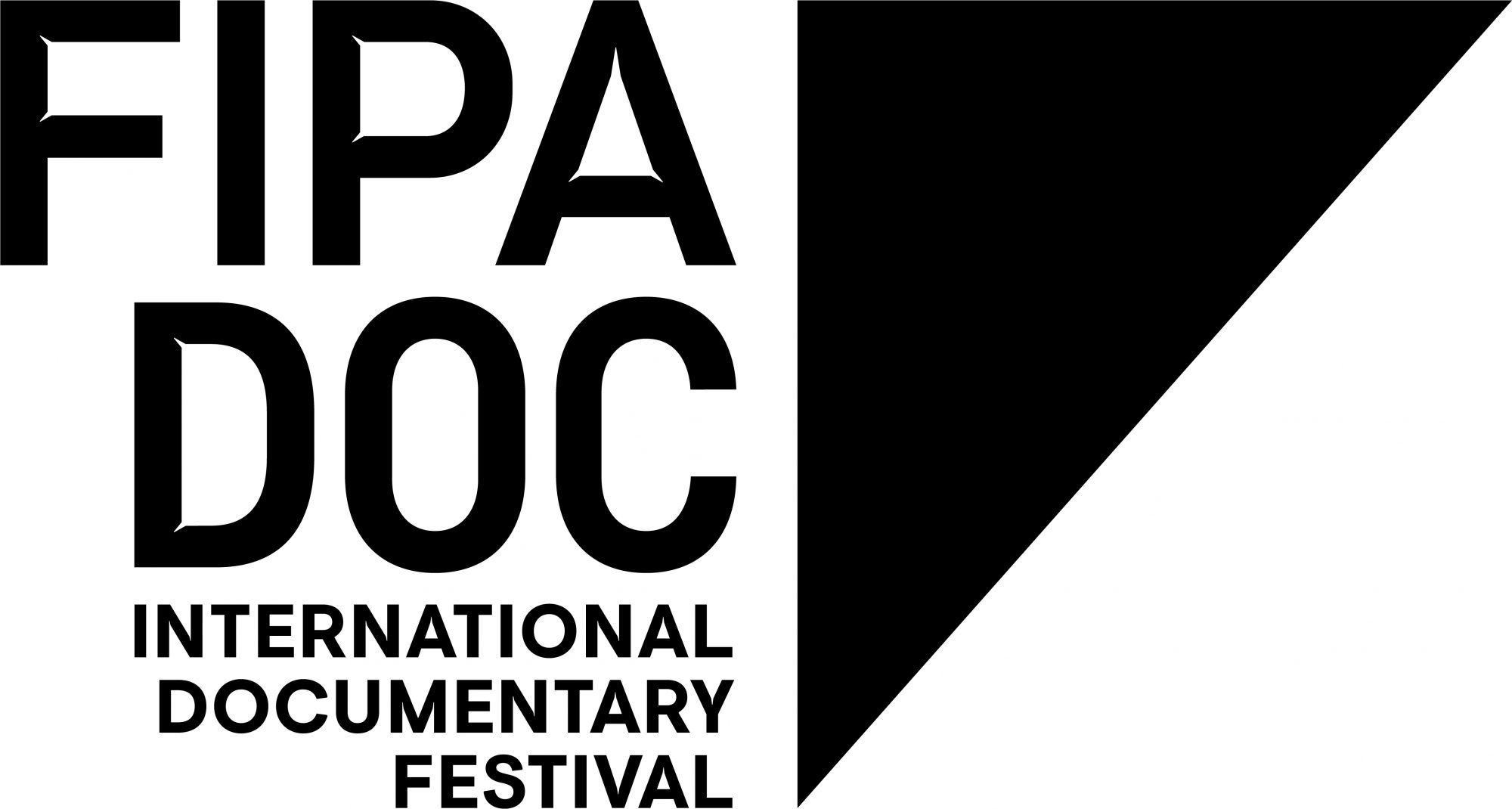 International Festival of Audiovisual Programs.
International Festival of Audiovisual Programs.
The only festival that defends all genres of international audiovisual creation: fiction, series and soap operas, creative documentaries, reportages and current affairs, and music and live performance. 6 days of insightful, independent, demanding critique, and of sensitive approaches that reveal the world as it is in all its diversity. 6 days of opportunities for professionals, the general public, students, directors, and juries to meet one another and discover the very best audiovisual productions of the year.
 In 2001, Andrzej Wajda and Wojciech Marczewski formed a film school. Based on the concept of the ‘Film Group’ model, they focused on the effectiveness of the group work method and on the collaboration of generations, and offered a program that is unique in Europe, combining education with production targeted to film professionals.
In 2001, Andrzej Wajda and Wojciech Marczewski formed a film school. Based on the concept of the ‘Film Group’ model, they focused on the effectiveness of the group work method and on the collaboration of generations, and offered a program that is unique in Europe, combining education with production targeted to film professionals.
BRATISLAVA: The second session of the postproduction workshop DOK.Incubator (docincubator.net) is accepting observer and consultation applications from Slovak, Czech and Polish film professionals and Slovak film students for the Final Cut workshop, to be held in Bratislava 14-20 September 2012.
WARSAW: The Walt Disney Company Poland (www.disney.pl) will end its distribution agreement with Forum Film Poland (www.forumfilm.pl) as of 1 October 2012.
SOFIA: Didier Stoessel has been appointed CEO of Bulgaria's Nova Broadcasting Group (nova.bg).
Nine documentaries developed in Wajda School and produced by Wajda Studio are available on Doc Alliance’s website for free from August 6th till August 13th.
MOSCOW: More than 20 films in production and post-production from Belarus, Bulgaria, Hungary, Moldova, Poland, Romania, Russia, Czech Republic, Slovakia, Slovenia, Ukraine and Croatia will be presented to international film professionals during Red Square Screenings, taking place 15-20 October 2012.

